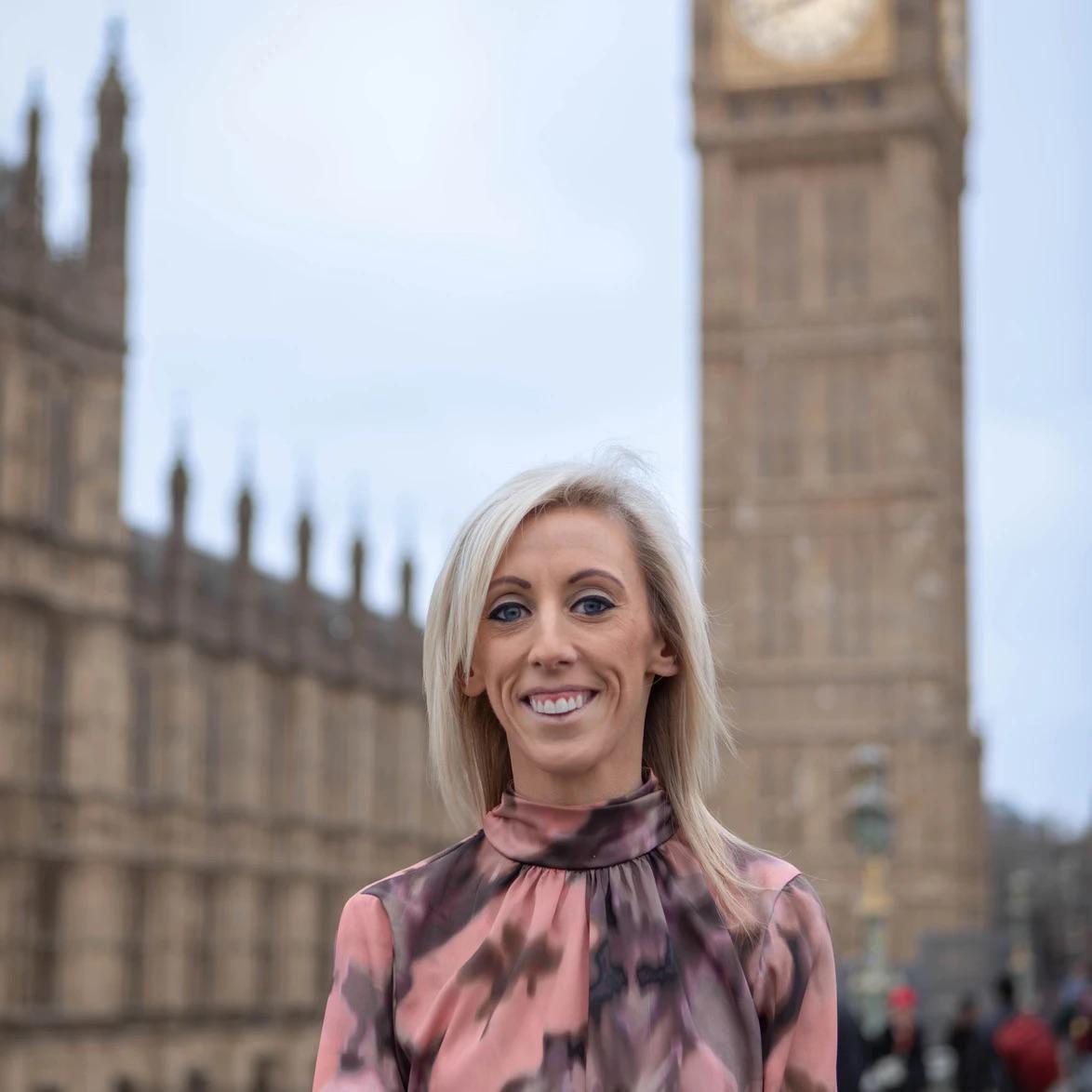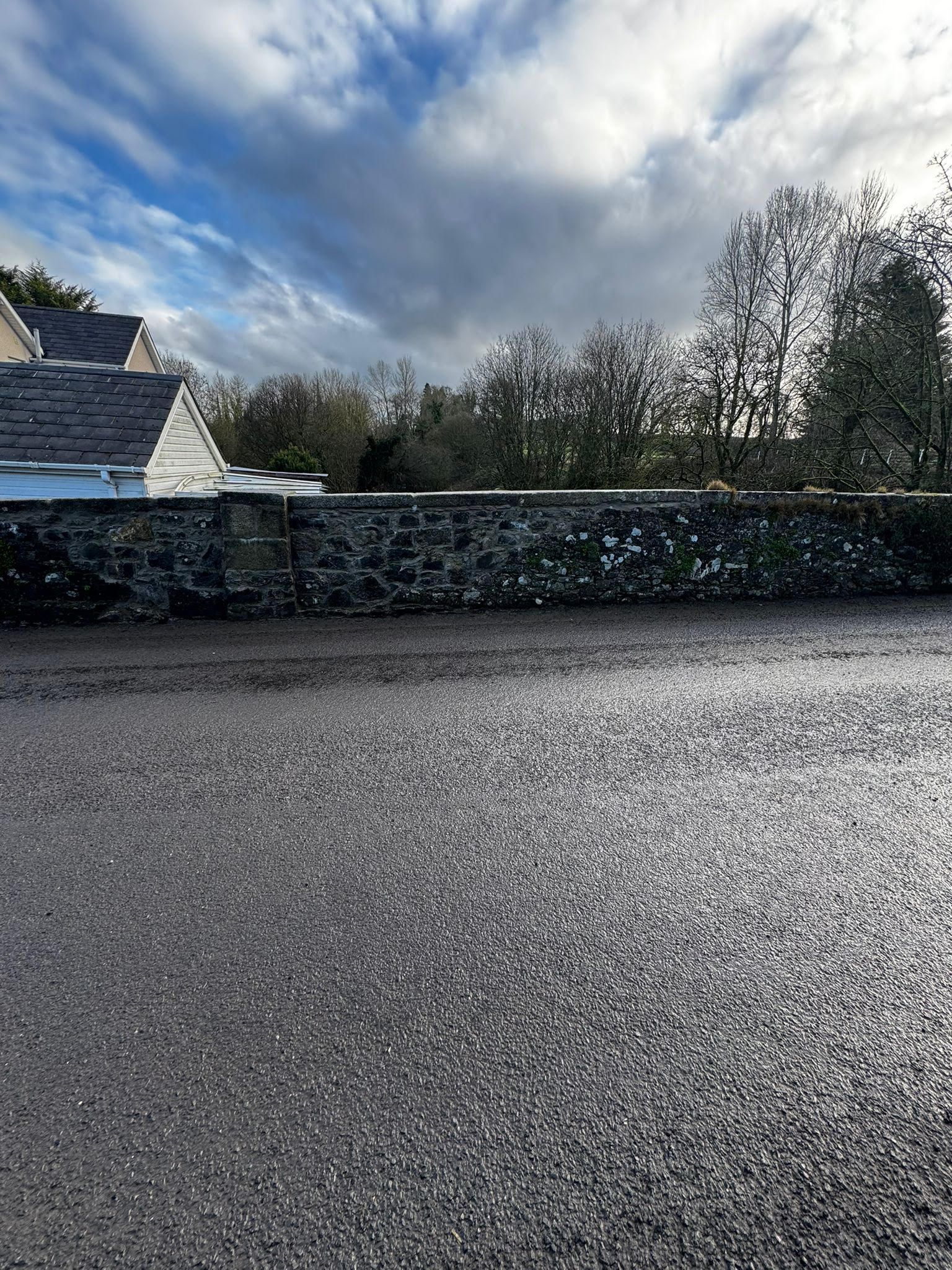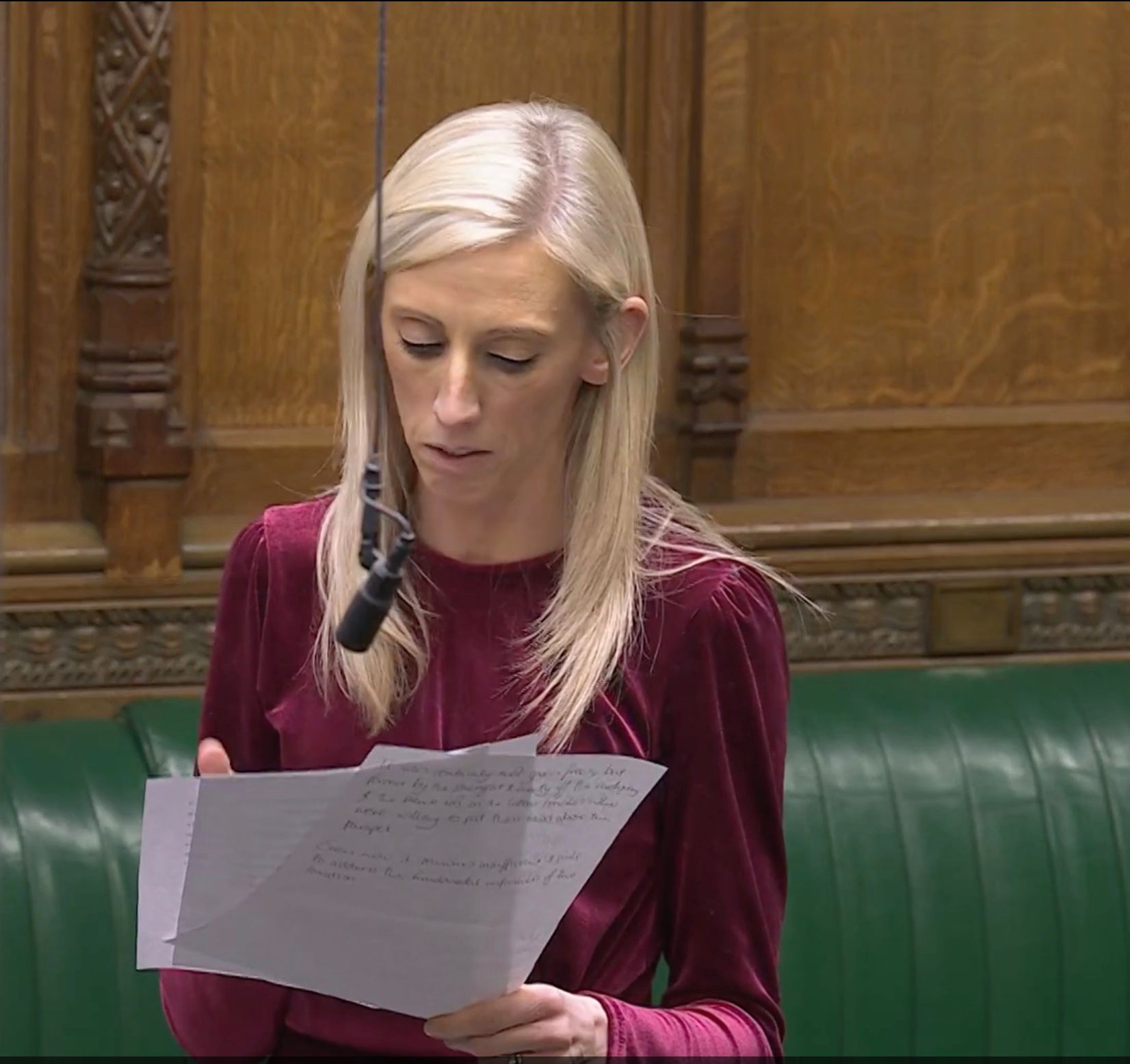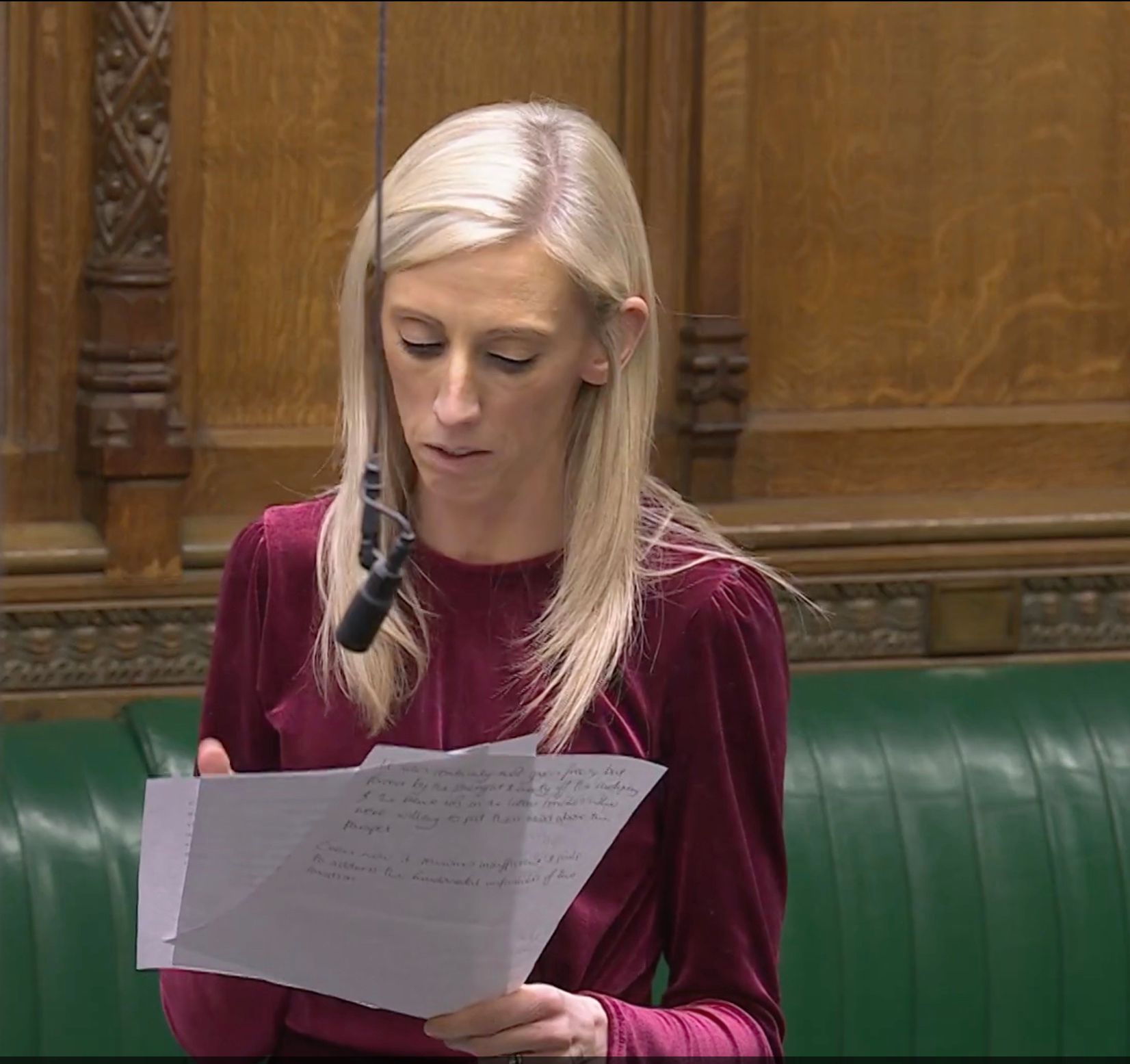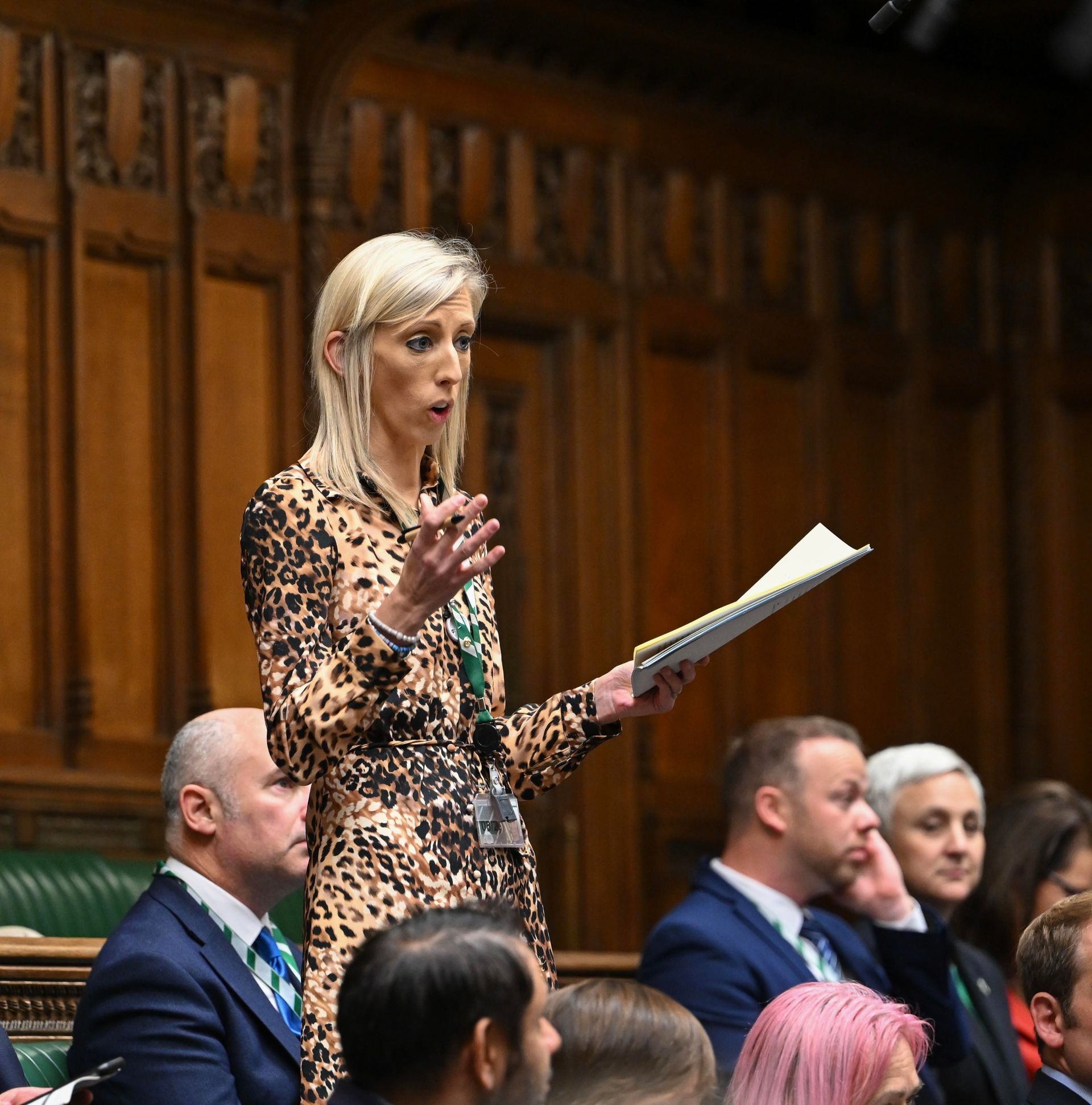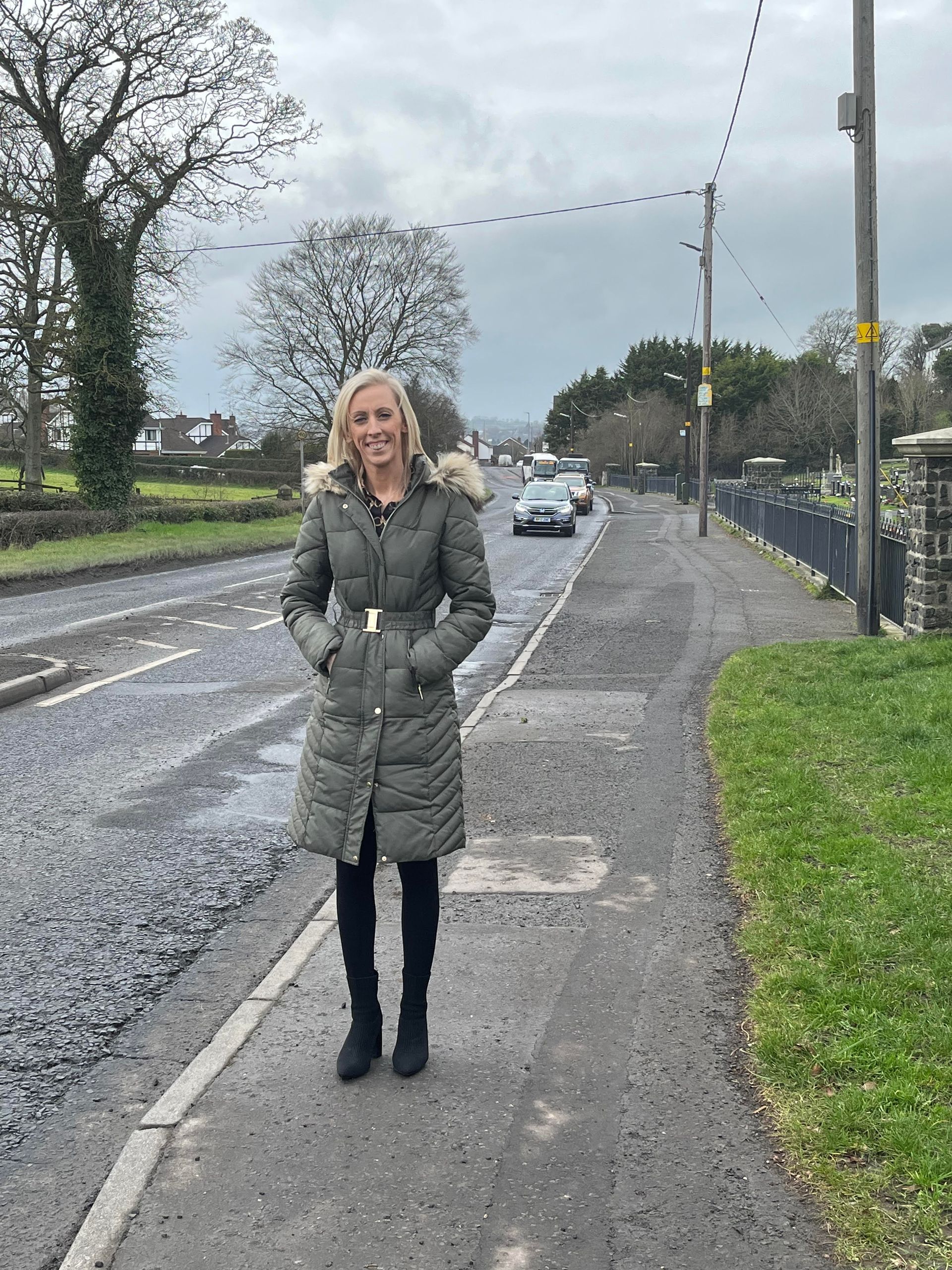Lockhart Tables EDM on Irish Government’s Role in the Troubles
Upper Bann MP Carla Lockhart has tabled an Early Day Motion (EDM) in the House of Commons condemning the Irish Government’s ongoing failure to investigate allegations of collusion during the Troubles. The motion highlights the denial of truth and justice to victims and their families, while also calling out Dublin’s hypocrisy in criticising UK legacy arrangements whilst refusing to confront its own record.
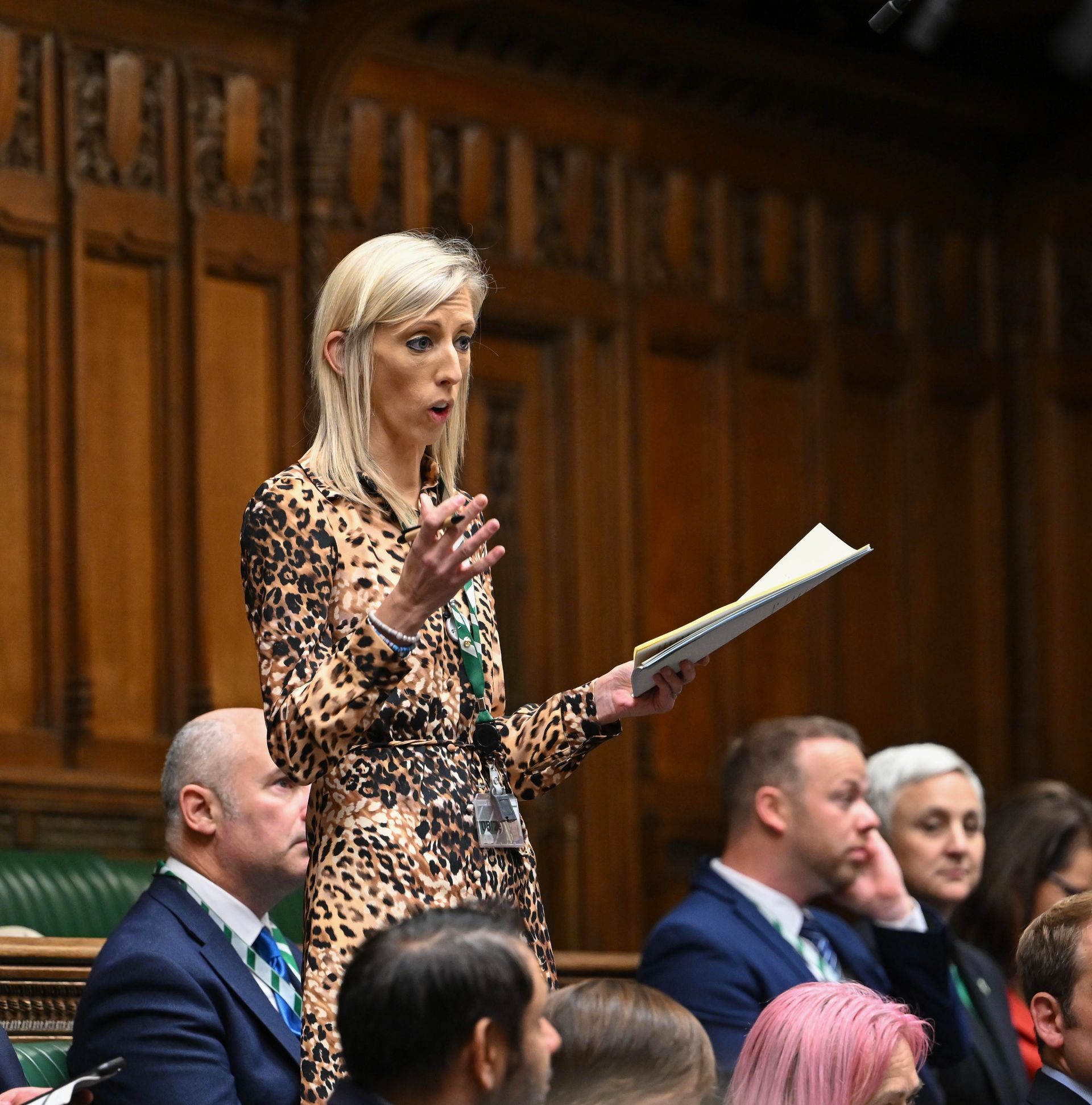
The EDM (No. 1888), tabled on 10 September 2025 in the 2024–26 session, reads:
That this House condemns the failure of the Irish Government to investigate credible allegations of collusion between members of the Irish police service and the Provisional IRA during the Troubles; notes with grave concern the murder of Chief Superintendent Harry Breen and Superintendent Bob Buchanan in 1989, in which the Smithwick Tribunal concluded that, on the balance of probabilities, information was passed from within Dundalk police station to the IRA, directly facilitating their deaths; further notes the 1991 murder of Ian Sproule, a 23-year-old civilian, amid allegations that the IRA were in possession of an Irish police intelligence file containing his personal details, with the Sproule family still denied truth and accountability more than three decades later; rejects any attempt to introduce an amnesty for those responsible for terrorist murders and other serious crimes during the Troubles; deplores the hypocrisy of the Irish Government in seeking oversight of UK legacy mechanisms whilst refusing to establish equivalent investigative processes in its own jurisdiction; and calls on His Majesty’s Government to resist Irish interference in legacy arrangements unless and until the Irish Government demonstrates full transparency, establishes credible independent inquiries into cases of alleged collusion, and provides justice for victims and their families.
Carla Lockhart MP is calling on parliamentarians from across the political spectrum to sign the EDM, demonstrating a united commitment to justice and truth for victims of terrorism and their families.
Speaking after tabling the motion, Carla Lockhart MP said:
“This EDM is about justice. Justice that has been denied for far too long to the victims of IRA terrorism and their families. For decades, families have been left carrying the grief of their loved ones’ murders without ever seeing truth, transparency, or accountability from the Irish Government. They have been told to move on, to forget, to let go, but how can they, when the truth is being actively suppressed?
Only this week in Parliament we heard directly from SAFE, a victims’ group who laid bare the reality of ethnic cleansing along the Fermanagh border. These were ordinary people, targeted simply because of who they were. Their testimonies were harrowing, and they serve as a reminder that behind every statistic, behind every headline, there is a human story of pain, loss, and resilience. For these families, the refusal of the Irish Government to confront allegations of collusion within its own police service is another deep wound, compounding their suffering.
The murders of Chief Superintendent Harry Breen and Superintendent Bob Buchanan, and the appalling murder of young civilian Ian Sproule, are only the most visible examples. But they symbolise a much wider issue: allegations that intelligence from the Irish police service ended up in the hands of terrorists, directly facilitating murder. These are not marginal claims. The Smithwick Tribunal itself concluded that information was passed from Dundalk police station to the IRA. Yet Dublin has done nothing to investigate further.
For too long the Irish Government has given a one-sided commentary on legacy issues, pressing the British Government for inquiries and oversight, while refusing to hold any of their own, or to support proper investigations into IRA murders. That double standard is indefensible.
It is the height of hypocrisy for the Irish Government to demand oversight of UK legacy arrangements while refusing to establish equivalent processes in their own jurisdiction. If they truly care about victims, they must prove it, not by pointing fingers, but by opening their own files, establishing credible inquiries, and delivering justice.
I am determined to keep this issue on the parliamentary agenda, and I urge colleagues across all parties to sign this motion. By doing so, we send a clear message: that victims cannot and will not be forgotten; that justice cannot be selective; and that truth must be pursued on both sides of the border.”
